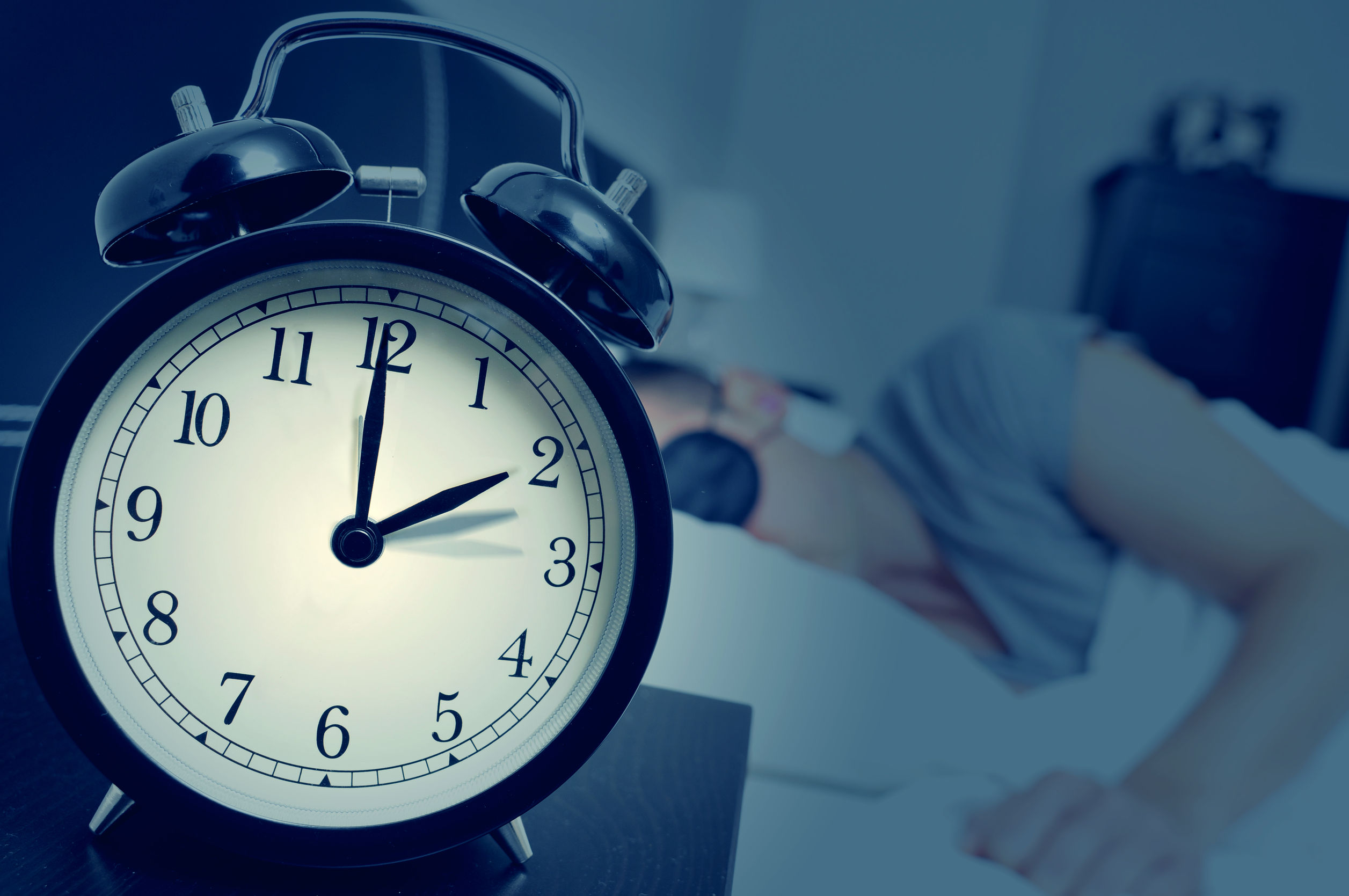For as long as mankind has existed, we have risen and set with the sun. It is in our genetics to be active in the day and to sleep at night. Every human biological function is controlled by circadian rhythms, also known as our ‘body clock.’ This tells our bodies when to wake up, when to sleep and when to eat. It is heavily influenced by cues from the environment such as sunlight and temperature.
Yet there are millions of Americans, especially in manufacturing, machine handling equipment, or construction-based industries, that earn their paychecks by working schedules that are running counter to their body’s biological clock. They work just about any hour outside of the 9-5 routine often with rotating shifts, extended hours or irregular hours.

Inadequate Sleep and Increased Safety Risks
It is a well-known fact that there are increased safety risks with shift-workers who work hours that do not coincide with their biological programming. Even if they are sleeping, the sleep they receive is often poor-quality sleep. With inadequate sleep comes fatigue that often results in workers’:
- Inability to maintain attention levels (which can lead to increased safety risk in the warehouse);
- Lowered awareness and perspective of their environment;
- Decreased logical reasoning skills;
- Slowed reaction times;
- Diminished motor coordination.
When sleep loss becomes chronic, it can result in fatigue-induced mental lapses known as microsleep and automatic behavior syndrome, which result in countless human-error related incidents and fatalities, even among experienced senior workers. These types of mental lapses have been linked to playing some kind of role in many of the worst accidents in the 20th century such as the Exxon Valdez oil spill, the nuclear accidents at Three Mile Island in Pennsylvania and Chernobyl in the Soviet Union, and the explosion of the Challenger space capsule in Florida. On a smaller scale, sleep deprivation can lead to injuries and accidents in material handling equipment (MHE) environments.
In terms of a company’s bottom line, each shift worker in a facility, such as a warehouse, is costing nearly $8,600 more per year than each day worker (according to Circadian Technologies). If this number is multiplied by the Bureau of Labor Statistics’ estimate of 24 million shift workers in the US, that is nearly $206 billion for companies across the country.
Double-Edged Sword
The demands placed on industries by consumers to quickly meet their expectations has resulted in the need for many areas of the supply chain to operate 24/7. It is not uncommon for shift-workers to use countermeasures such as coffee and other stimulants to stay awake. The other side to this is that when their shift is over many find that they need to drink alcohol or take sleeping pills just to fall asleep.
Other coping mechanisms used include food and nicotine. The stomach is also operating on circadian rhythms which are programmed to secrete digestive acids and enzymes during the day and not at night. So, when workers eat junk food during hours not conducive to their biological clock they make themselves sleepier and shock their digestive systems. This puts shift-workers at a greater risk of gastrointestinal diseases, obesity, mental health disorders, and cardiovascular problems.

Tips for Lessening the Risks of Shift Work
There is no magic formula for managing sleep and the disruption shift schedules cause in circadian rhythms. However, there are a few strategies that managers can implement to assist their MHE shift-workers and increase safety. Circadian Technologies, a company that specializes in providing 24/7 workforce performance and safety solutions for businesses that operate around the clock, provides the following recommendations for mitigating the risks of shift work:
- Multiple Short Breaks: Allowing additional short breaks – even as many as 4-5 breaks per shift – can be helpful in the transition from 8- to 12-hour shifts. Frequent, 10-15 minute breaks allow workers time for revitalizing activities (a short walk, a snack or a call home) that reduce feelings of monotony.
- Cross Train: In physically demanding jobs, workers who use the same muscles for the entire shift are at risk for repetitive stress injuries. In less intense job positions, monotony can set the stage for boredom and an increase in fatigue-related incidents. Forklift operators are certainly in an intense position, however their motions are restricted and repetitive.
- Communication: There is a potential for communication breakdowns to occur when scheduling 12-hour shifts. Breakdowns in communication most frequently occur with schedules that provide workers with 6 or 7-day breaks within a given shift cycle.
- Establish and Internal Review Team: To identify areas for improvement, create a team comprised of workers, with at least one representative from each job function. Make sure to include a good cross-section of your employees–someone from safety, management, operations, and perhaps even HR, should be included. The team can pass on any insights to a senior-level management.
- Team Building: Team building social functions boost team spirit among crews, and make it easier to for workers to get together outside of work.
- Exercise: Workers who exercise frequently have improved morale, alertness, mood, health and sleep at home. Some companies allow people to exercise while they work, putting treadmills, rowing machines or stationary bikes in control rooms. If this isn’t feasible at your facility, consider furnishing a break room with exercise equipment, light weights, and a TV with aerobics DVDs, etc. Forklift operators who sit for extended periods of time need to be especially attentive to getting a healthy amount of physical exercise.
- Shiftwork-Friendly Products: Make shifts easier for workers by installing shiftwork-friendly products designed to minimize fatigue and stress, such as ergonomically correct chairs, high-top stools for standing workers, computer screens that relieve eyestrain, and “anti-fatigue” floor mats.
Employees are not machines, they are humans and once they have worked outside of their operating limits they have an increased risk of errors, accidents and productivity losses. The results of these errors can be catastrophic. In the book The Twenty-Four-Hour Society, Dr Martin Moore-Ede stated, “People don’t release smoke, grind gears, or have pieces fall off; but their equivalents – fatigue, error, injury, and ill health- do result in failure and breakdown.” There is no quick fix to working with sleep-deprived workers. However, being aware of the prevalence of the issue, looking to industry leaders and warehouse-focused health groups, and talking with your employees and managers will help to establish best practices for your environment. Maintenance is vital for your employees, just as it is for your MHE.

